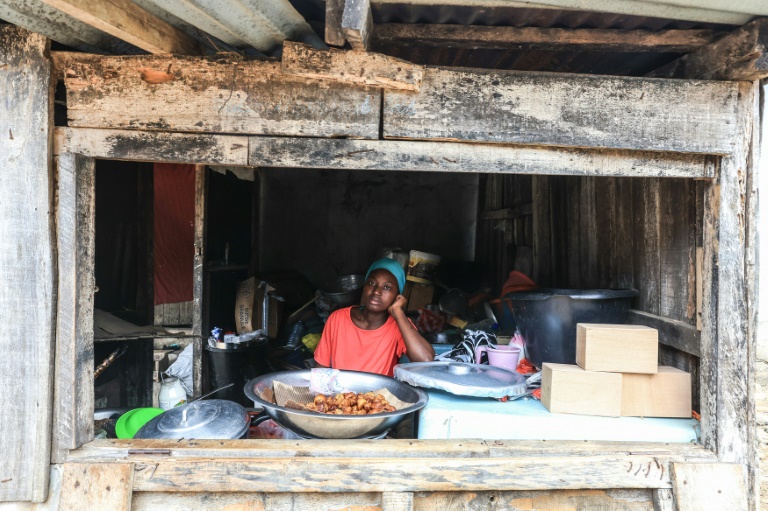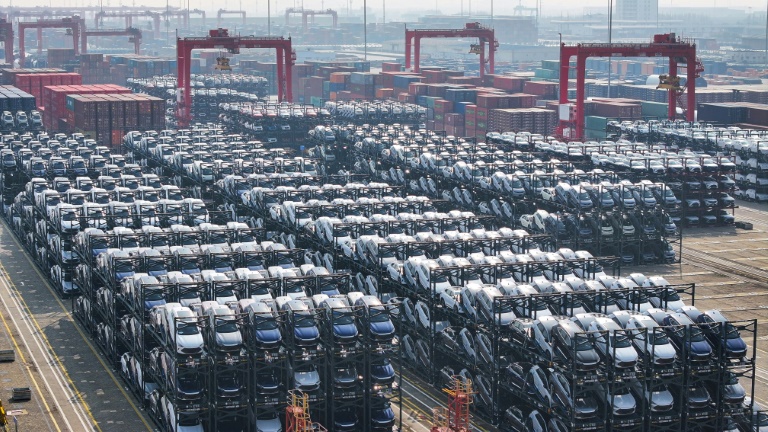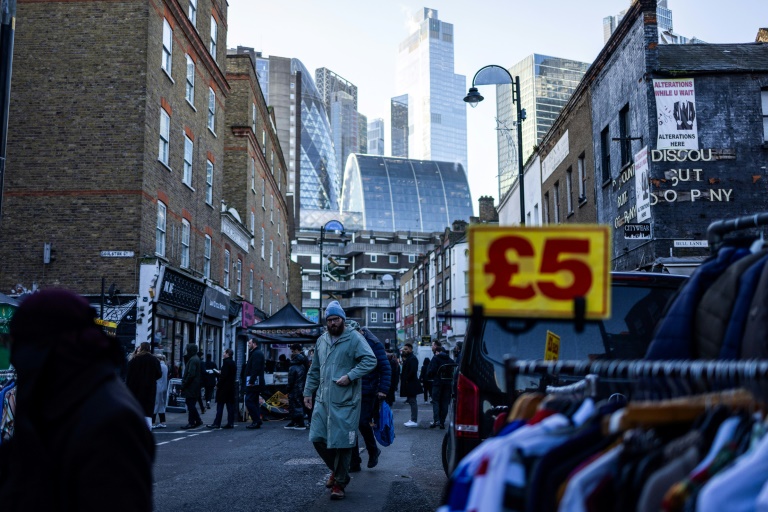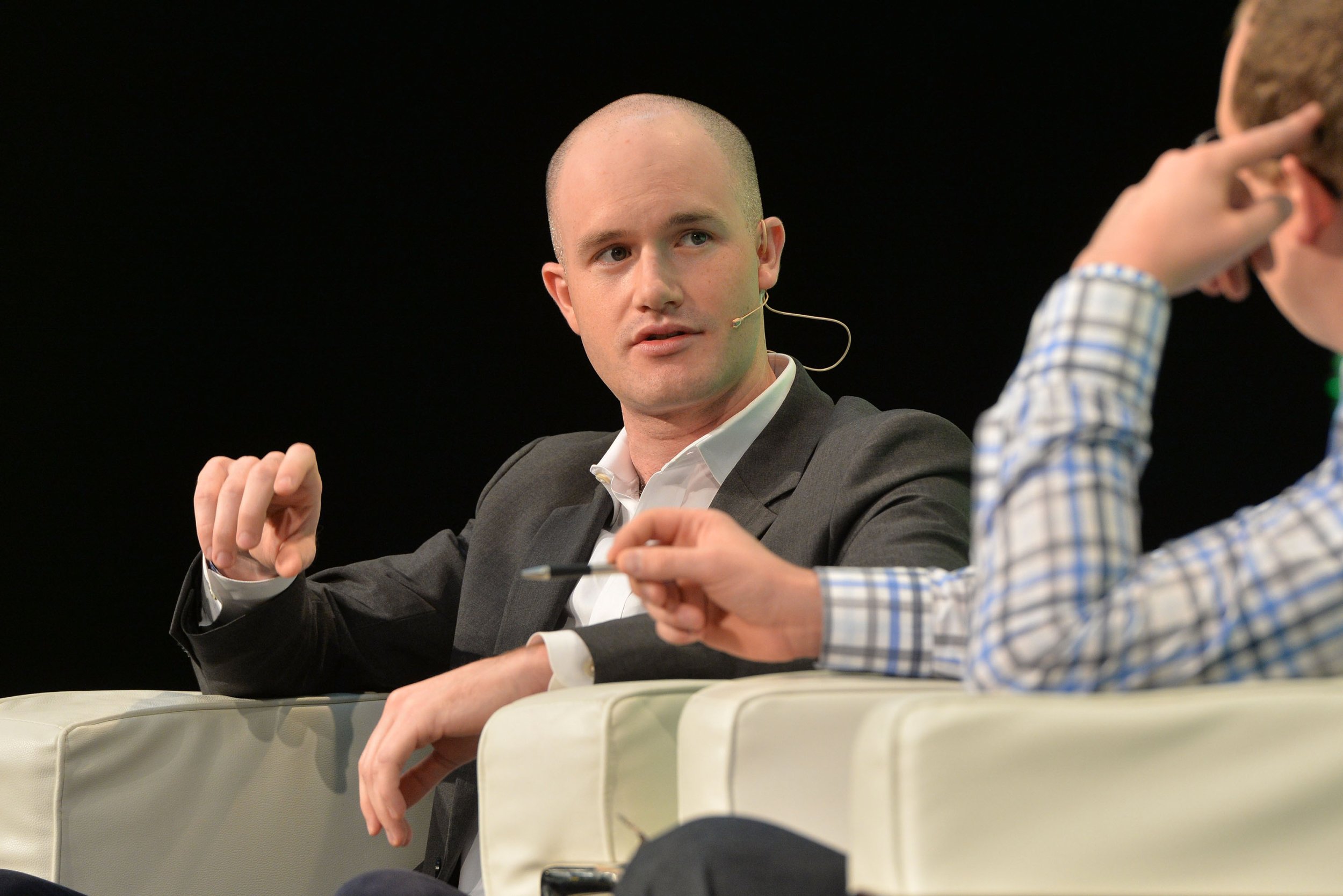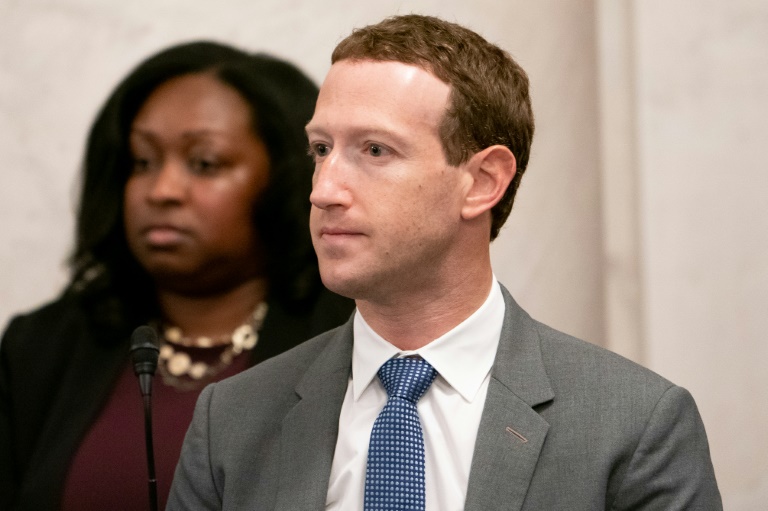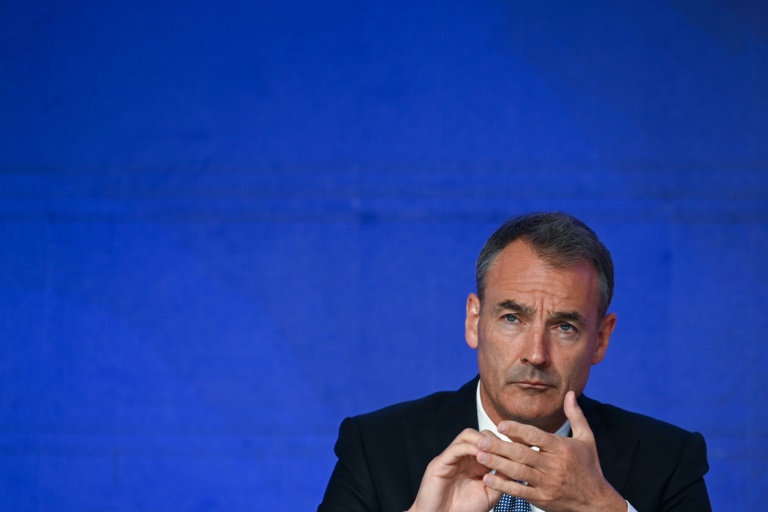The toppling of Ali Bongo Ondimba brought the curtain down on 55 years of rule by a family accused of extracting fabulous wealth from Gabon’s major oil reserves.
Moments after being declared the winner in disputed elections, Bongo was abruptly ousted on August 30.
Many saw it as an act of liberation rather than a military coup.
Gabon, one of Africa’s richest countries in terms of per-capita GDP, boasts abundant oil and other natural resources.
A small fraction of the 2.3 million population live opulently while a third survives below the poverty line, according to the World Bank.
Once known as “central Africa’s little emirate”, experts, military leaders, the former opposition and even some within the ex-ruling party agree that more than half a century of Bongo rule marked a huge loss for Gabon.
In the affluent Libreville neighbourhood of Sabliere, many of the luxury villas belong to the extensive Bongo clan.
The distant suburbs, however, have no running water, little electricity and insanitary open sewers.
Ali Bongo, 64, who was seeking a third term in the election, took over when his father Omar died in 2009 after nearly 42 years in power.
“The big weakness of this regime was its bad distribution of wealth,” Axel Auge, a sociologist specialising in central Africa, said.
Wealth was in the hands of just one fifth of the population — the ruling elite, he said, adding there had been vast “mismanagement”.
“Ali Bongo’s mistake was to play down the economic and social frustrations of the population.”
Thierry Vircoulon, from the French Institute of International Relations, described a kind of “family autocracy” with Gabon “managed like the private property of a family”.
Travel from one town to another is virtually impossible due to the poor state of the roads.
There is only one private airline which operates several flights at prohibitive prices.
The sole train line is often out of bounds for passengers, monopolised and regularly damaged by constant heavily loaded trains carrying manganese.
Gabon is either the second or third biggest manganese producer depending on the mineral’s concentration.
Used in steelmaking and batteries, the manganese is mined almost exclusively by a local subsidiary of France’s Eramet group.
Public hospitals lack equipment and medicine and the school system is in ruins — the new military rulers say the two issues are among their priorities.
Gabon has failed to develop a real production or manufacturing sector.
It lives off imports, including fruit and vegetables, despite plentiful rainfall and fertile land.
Independence from France in 1960 was followed by an oil boom but today, “the country is struggling to translate large natural wealth into sustainable and inclusive growth”, the World Bank says.
Gabon has one of Africa’s highest unemployment rates, with one fifth of the active population out of work, rising to a third for under-25s, the United Nations said in 2020.
Under Omar Bongo, a close ally of France, Gabon was a pillar of “Francafrique” — a policy whereby Paris furthered its interests through cronyism.
French investigators in 2016 zeroed in on properties owned by Omar Bongo’s family in France.
They suspected several of his relatives knowingly benefitted from a fraudulently acquired real-estate empire worth at least 85 million euros ($87 million).
Ten of Omar Bongo’s 54 children have been charged with allegedly concealing the misappropriation of public funds, a Paris-based legal source told AFP.
As a sitting head of state, Ali Bongo had immunity.
The empire includes property in Paris and the Mediterranean resort of Nice, alongside a fleet of luxury cars.
An investigating judge last year determined that much of the money came from “undue commissions” paid by French energy giant Elf, now a part of TotalEnergies.
Omar Bongo’s children also have properties in Britain and the United States, bequeathed or acquired after his death.
Nostalgia for life under the elder Bongo remains strong among a small number of Gabonese who hark back to when at least some oil revenues trickled down.
But that has since dried up.
His son enjoyed no such boon as oil revenue fell from 2014, experts and coup leaders say, noting Bongo was surrounded by “traitors” and “profiteers” while locked in an “ivory tower”.
AFP
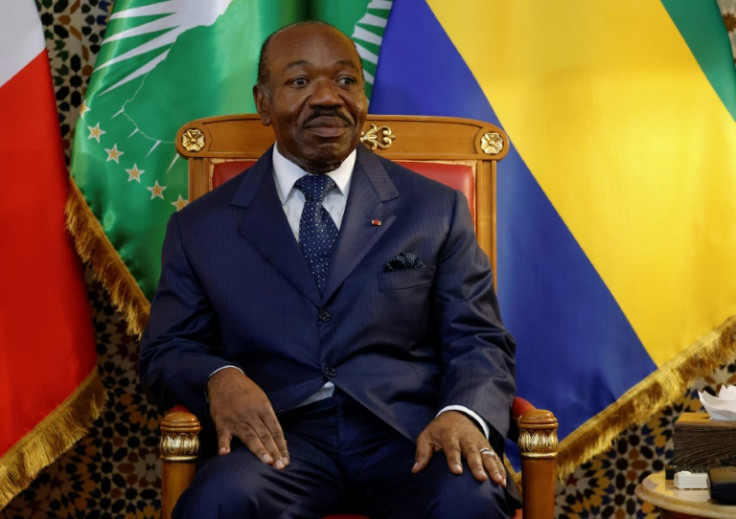
AFP
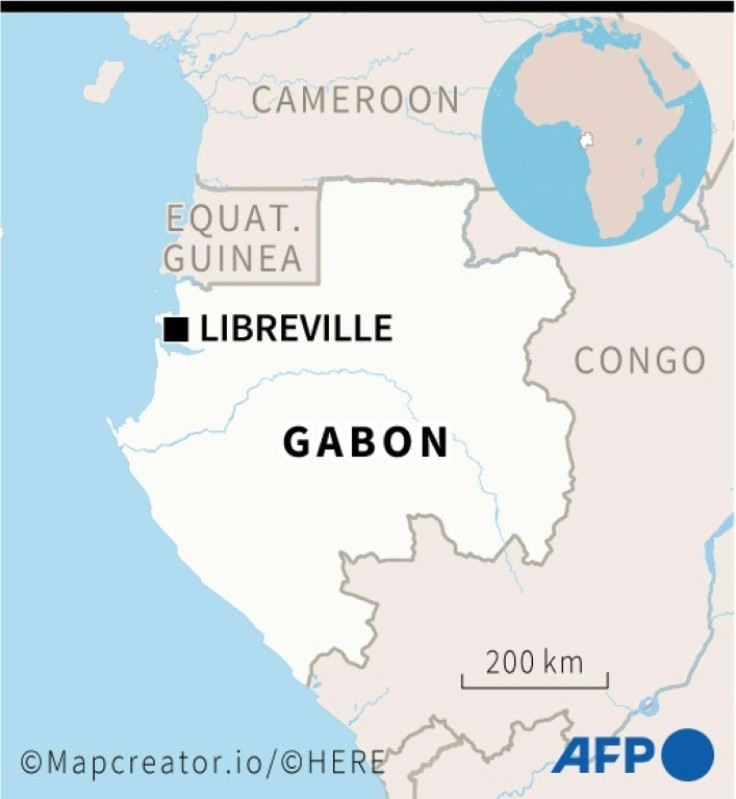
AFP

